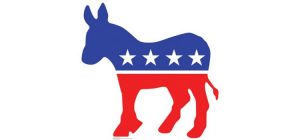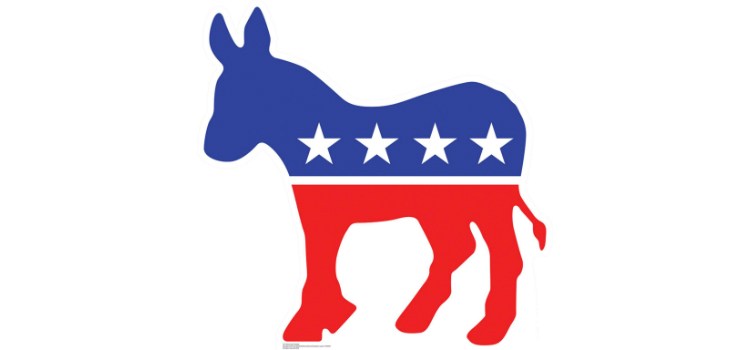
By Branko Maretic
In These Times (7/9/20)
A month out from the Democratic National Convention, the party continues to be pulled in opposing directions by its progressive and corporate wings. While presumptive nominee Joe Biden and the party establishment charts a course of cautious centrism, rejecting policies like Medicare for All and key planks of a Green New Deal, progressives and supporters of Bernie Sanders are attempting to push Biden as far left as they can.
With the party platform due to set the agenda for both Biden’s campaign and presidency, Sanders allies have sought to shape the finished product through a set of unity task forces, which on Wednesday unveiled recommendations that both encouraged and disappointed progressives. While the task force recommendations called for a shortened timeline on climate policy and a host of criminal justice reforms, for instance, they don’t go as far as to ban fracking or legalize recreational marijuana. And while they would expand healthcare access with a robust public option, they don’t advocate a single-payer system.
The vast majority of appointees to the drafting committee are establishment-friendly Democrats—many of whom hold potential financial conflicts and questionable backgrounds of their own.
Those recommendations will now be kicked to the party’s platform drafting committee, a further sieve through which these recommendations must filter before becoming official Democratic Party policy. It remains to be seen if they will.
In 2016, while many Sanders supporters were pleased with what they won in platform negotiations, Hillary Clinton-appointees to the drafting committee who held personal financial conflicts of interest helped defeat a number of progressive planks around issues including the minimum wage, healthcare and climate change. Judging by the membership of this year’s platform drafting committee, we may soon see history repeat itself. While the committee contains three Sanders allies, including his former national political director Analilia Mejia, the vast majority are establishment-friendly Democrats—many of whom hold potential financial conflicts and questionable backgrounds of their own.
From the boardroom to the drafting room
Several of the committee’s members, announced last month by DNC Chair Tom Perez, have corporate ties. Delaware State University President Tony Allen, for instance, worked for years as a speechwriter and special assistant to presumptive Democratic nominee Joe Biden, before moving into the world of banking.
Allen first joined MBNA, the credit card company that infamously served as Biden’s all-time top donor and pushed for his 2005 bankruptcy bill, assailed by bankruptcy judges around the country for the onerous restrictions it placed on households trying to expunge their debts, including one who called it “the most poorly written piece of legislation that I or anyone else has ever seen.” Allen worked at MBNA from 2004 through 2006, just as the bankruptcy bill was being ushered to passage. At the same time, the company was paying Biden’s son, Hunter, a $100,000-a-year retainer, criticized as an attempt to curry favor with Biden as he shepherded the bill through Congress.
After Bank of America acquired MBNA in 2006, Allen left the latter for the former, where he stayed for the next eleven years. …
*****
EXPOSED: Biden’s Deep Ties To Corporate Military Industrial Complex-Driven Foreign Policy
More of the same and staying the course.
The Rising (7/11/20)
Managing Editor of the Prospect discusses the trend of strategic consulting with a focus on Jake Sullivan, a former deputy national security adviser to Vice President Joe Biden.

